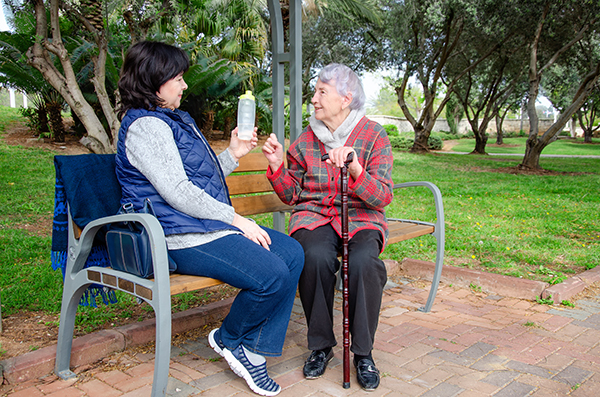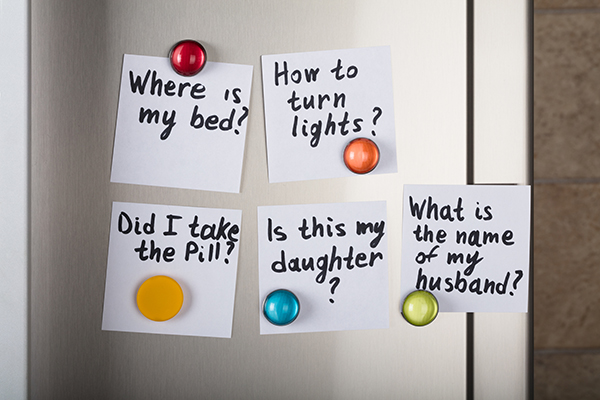5 Alzheimer’s Triggers Easily Avoided for a Better Day
While there are particular commonalities, Alzheimer’s disease affects each individual differently. Our highly trained dementia caregivers know, for example, that while one individual may take pleasure in being outside, someone else might be overloaded by so much sensory input and prefer a tranquil indoor environment. Someone may love a morning bath routine, while a measure of resourcefulness […]
5 Alzheimer’s Triggers Easily Avoided for a Better Day Read More »










